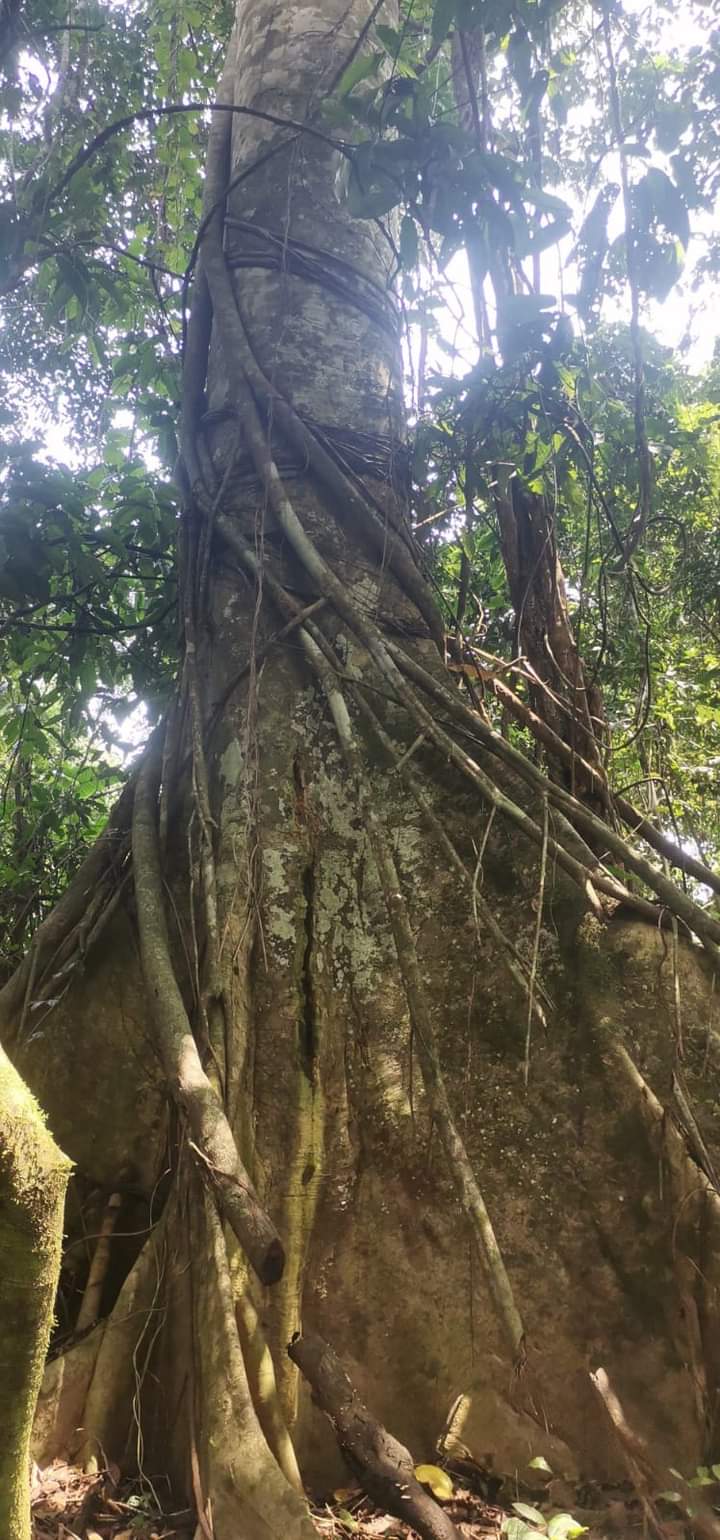Is a motto for the scouting movement first used by it’s founder Baden-Powell in the early 1900’s.
In Scouting for Boys, he wrote that to Be Prepared means “you are always in a state of readiness in mind and body to do your duty.”
For us, and for anyone attempting an expedition such as this they are wise words which we believe you really should take seriously. We certainly have.
In our case, we are heading into one of the most bio diverse regions in the world. According to www.peru-explorer.com there are 262 species of Amphibians, 806 types of Birds, 293 different Mammals, 697 species of Fish, and 180 types of reptile. Other websites may vary but the point is… there’s loads of different creatures. Another fact that website quotes is that more than half of the world’s estimated ten million species of plants, animals and insects live there.
Whilst tropical forests like this can contain many mysterious plants with healing properties, there are clearly many things which can also sting or bite you, that carry disease. This is where you can take steps to protect yourself.
For anyone travelling to new areas in the world we would all recommend checking out the foreign travel advice that’s published on the gov.uk website. Here is the link to the info we needed for Peru Health – Peru travel advice – GOV.UK (www.gov.uk)
Many of the team are well travelled and up to date with most standard vaccines i.e. tetanus / typhoid etc, and those that aren’t are now making sure they’ve done so. In addition to the standard ones you can get from your local GP there are others that we each needed to visit a travel clinic for e.g. Yellow Fever which is spread by mosquitoes and highly recommended for the area we’re visiting.

If any one of you reading this are also planning to head off to the Peruvian Amazon or any other destination for adventure, it’s important to consult the health professionals long before you’re due to go. Each and every person is different, there isn’t a one size fits all, and you will have choices to make depending on your own circumstance.
Some vaccines can be difficult to get hold of with global, national, or local shortages and others may need to be taken over the course of a few weeks. There are also rules like “Yellow fever needs to be administered 10 days before travel“. The point is… do your homework – it’s better to be safe than sorry and miss out on the trip of a lifetime simply because you left it too late.
There will be some personal moral dilemma’s you battle. Rabies is one that seems to split opinion. Most health professionals will tell you that the risk of catching it are incredibly slim, but if you do… it can be fatal. All mammals (including monkeys) can carry rabies, but it’s most common in dogs, bats and a few other small animals. In the jungle environment the risk is deemed to increase, but is it enough to make you want to pay out 3 X £65 (at the time of writing) for the course of injections they recommend for that disease alone. What price do you put on safety? Opinions DO differ. Be sure to weigh up what’s right for YOU.

At the tail end of our last update we mentioned “Rescue & Medical evacuation insurance policies”. For this type of trip it’s a must.
Again, it’s a simple rule… be prepared. Consider the environment you’re in. We are going to be cut off from civilisation for circa 10 days with very little means of communication other than through a satellite phone for emergencies. For most of the time we are going to be surrounded by dense rainforest, and whilst the waters will hopefully be smooth and tranquil for the most part there are a number of inherent dangers associated with the area. Trips, falls, stings, bites, poisonous plants, dehydration, stomach bugs etc.
Of course we’ll have basic first aid with us but if we get into difficulty it’s not like you can jump in a car and head up the hospital or pop round the chemist for something to help and we will be looking to keep the party on the move. In instances like this you may well need to call the emergency services for an evacuation by helicopter or boat (whatever means of rescue is necessary), just ask Will Fitzgibbon… he was part of an expedition that had to do just that.
This is where the Rescue and & Medical evacuation insurance policy comes in… and no, it’s not the type of thing that is covered by your travel insurance through your bank, or any standard holiday insurance policy for that matter, it’s a specialist policy which does what it says on the tin. Most of the group contacted Global Rescue who offer a 14 day cover. Other providers are out there but this one is recommended by almost every seasoned adventurer we know. Annual policies are also available but they won’t be cheap… so again, pick which one is right for YOU.
That’s it for this brief update, hope you found some of the experiences we’ve shared useful and if you are reading this planning a trip of your own, good luck, stay safe and please BE PREPARED.